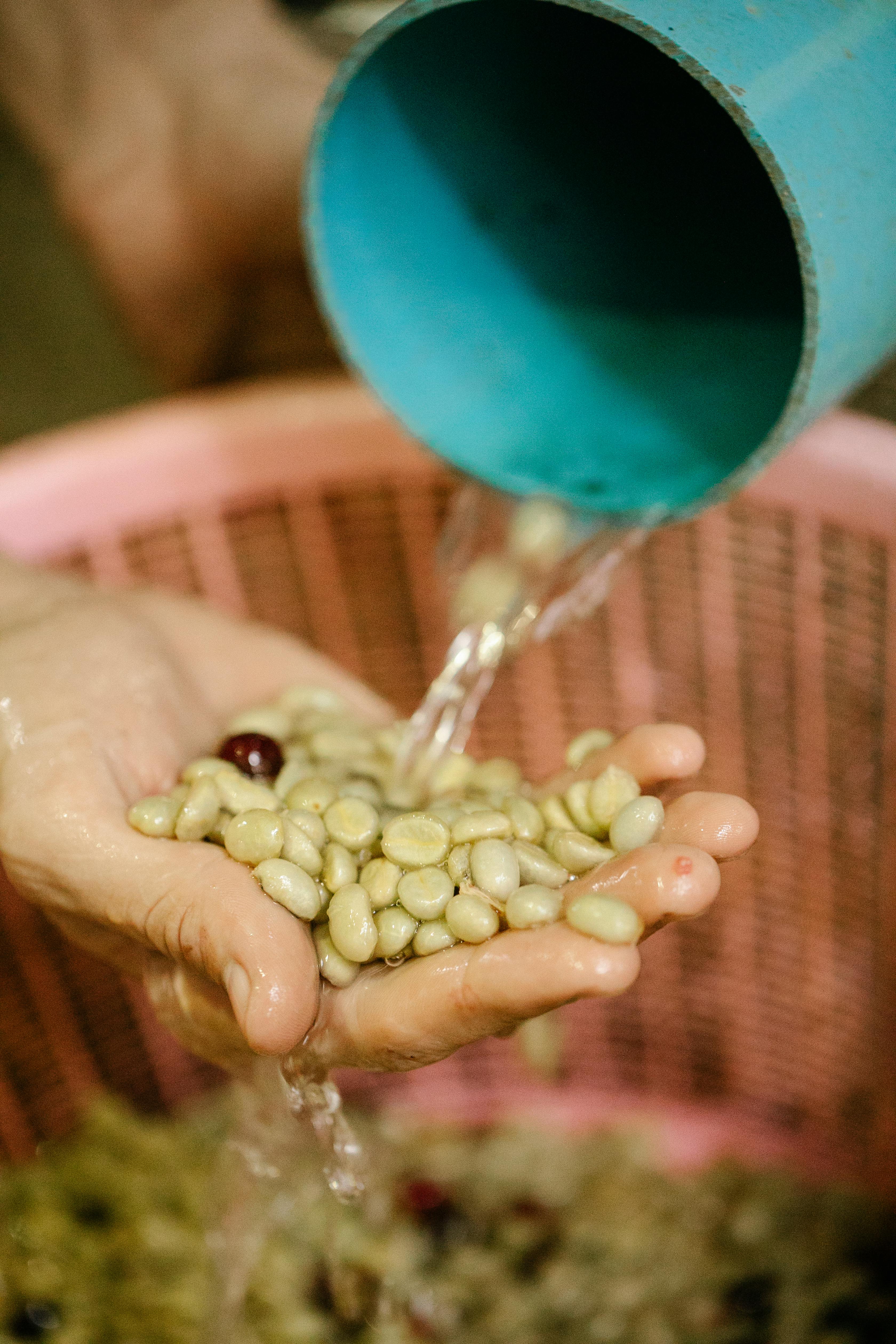
How to Easily Make Rose Water at Home: A Practical Guide for 2025
Rose water, cherished for its delightful aroma and numerous therapeutic benefits, is a staple in both beauty routines and culinary applications. Making DIY rose water at home offers an affordable and natural alternative to commercial products, laden with synthetic additives. Furthermore, the process allows you to harness the full essence of fresh rose petals, creating a homemade rose water recipe tailored to your needs.
This guide will walk you through the benefits of rose water, the different methods of preparation, and how to incorporate this versatile beauty hero into your daily life. From rose water for skin to nourishing hair treatments, get ready to explore the delightful world of rose water!
By the end of this guide, you will not only know how to extract rose water but also discover its hydrating properties and various uses—including DIY facial toners, face mists, and even skincare routines that involve rose water and essential oils. Let’s dive into the realm of this beautiful floral concoction!

Essential Benefits of Using Rose Water
Before embarking on our rose water preparation, let’s first explore why this natural elixir deserves a place in your beauty and wellness arsenal. The benefits of rose water extend far beyond its lovely fragrance.
Hydration and Moisturization Properties
Rose water is a natural hydrator, making it an excellent choice for maintaining skin moisture. Its moisturizing properties of rose water ensure your skin stays supple and plump, especially in dry conditions.
Soothing and Anti-Inflammatory Effects
Known for its calming effects, rose water works wonders on sensitive or irritated skin. It can help reduce redness, making it a great addition for those with conditions like acne or sunburn. Studies show that using rose water for acne or other irritations can provide significant relief.
A Natural Astringent
Acting as a natural astringent, rose water can tone your skin and minimize the appearance of pores. This is particularly useful in homemade beauty products, allowing for a refreshing rose water toner to be easily crafted.
These rose water benefits for skin illustrate why it's an essential part of a holistic beauty routine. Moving forward, let’s delve into the various ways to make rose water at home.
How to Make Rose Water: Step-by-Step Instructions
Now that we understand the benefits, let’s explore the different methods of rose water preparation! There are primarily two popular ways: distillation and infusion. Each method provides unique flavors and aromas, allowing you to customize your rose water for cooking or skincare.
Method 1: Steam Distillation for Pure Rose Water
Steam distillation offers the purest form of rose water. To use this method, you will need fresh rose petals, distilled water, and a pot with a lid. Begin by washing the petals thoroughly. Place the petals in the pot and cover them with distilled water. Bring to a gentle simmer and let the steam capture the rose essence, condensing on the lid and collecting in a bowl beneath. After about 20 minutes, cool, strain, and your pure rose water is ready!
Method 2: Rose Petal Infusion
The infusion method is simpler and requires fewer tools. For this, you'll need a cup of dried rose petals, distilled water, and a container. Combine the dried petals and distilled water in a pot and simmer over low heat for about 30 minutes. Strain the mixture and bottle your natural rose water tonic, perfect for skincare and refreshing face mists.
Ensuring Quality and Preservation
To maintain the integrity of your homemade rose water recipe, proper storage is key. Store your rose water in a glass bottle in the refrigerator, where it can last for about two weeks. However, if you’re looking for long-term storage solutions, adding a few drops of vitamin E oil can help preserve your mixture.

Ways to Use Rose Water for Skin
With your natural rose water ready to go, let’s discuss its practical applications! This versatile water can be used in numerous ways, benefiting your skincare regimen immensely.
As a Facial Mist
One of the simplest ways to use rose water is by applying it as a rose water face mist. Just fill a small spray bottle with your rose water, shake well, and spritz over your face for an instant refreshment! This method is particularly effective during hot summer days or post-exercise.
In Face Masks for Deep Moisturization
You can amplify the benefits of rose water by incorporating it into your rose water facial treatments. Mix rose water with other natural ingredients like honey or yogurt to create a nourishing and hydrating face mask. Leave it on for 15-20 minutes before rinsing off with cool water for optimal results.
As a Makeup Setting Spray
Who knew that rose water can also double as a makeup setting spray? After completing your makeup routine, lightly mist your face with rose water to help set everything in place while adding a natural glow!
These practical uses illustrate how integrated rose water can be in your daily routine. Next, let’s explore its contributions to haircare!
Exploring Rose Water for Hair Care
Moving beyond skincare, rose water is an excellent addition to your haircare regimen. Its nourishing properties, coupled with an enchanting scent, can transform hair health remarkably.
Hydration for Dry Hair
Rose water's moisturizing properties of rose water make it particularly beneficial for dry and damaged hair. Spritz rose water onto your locks post-shampoo to lock in moisture. For curly hair, it’s particularly effective in defining curls and preventing frizz.
Soothing Scalp Issues
If you struggle with a dry or itchy scalp, consider using rose water as a soothing rinse. The anti-inflammatory properties help calm irritation, leaving your scalp feeling fresh and rejuvenated.
Enhancing Shine and Luster
Using rose water in your hair rinse can add extra shine. After shampooing, rinse your hair with a mixture of rose water and cool water for a glossy finish!
With these insights, we see how rose water can serve both skin and hair. To conclude our guide, let’s compile answers to some common questions!
Frequently Asked Questions About Rose Water
1. How long does homemade rose water last?
When stored correctly in a refrigerator, homemade rose water can last up to two weeks. You can extend its shelf life by adding preservatives like vitamin E.
2. Can rose water be used for cooking?
Absolutely! Rose water can enhance the flavor of many dishes, especially in Middle-Eastern cuisine. Just remember to use it sparingly, as its taste can be quite strong.
3. Is rose water safe for sensitive skin?
Yes, rose water is gentle and soothing, making it a great natural astringent for all skin types, including sensitive skin.
4. How often can I use rose water?
You can use rose water daily as part of your skincare and haircare routines without any adverse effects.
5. What should I do if I experience irritation from rose water?
If you experience any irritation, discontinue use and consult with a healthcare professional. Patch testing before initial use is always recommended to assess sensitivity.
With this comprehensive guide, you're now equipped with all the knowledge to create and utilize homemade rose water. Whether you seek hydration, relaxation, or a touch of floral beauty in your routine, rose water serves as an exceptional natural ingredient!
For more insights on beauty and wellness topics, visit this link or explore different uses and recipes at this resource.